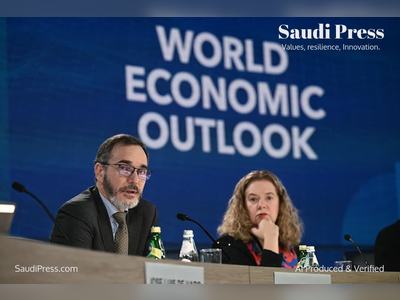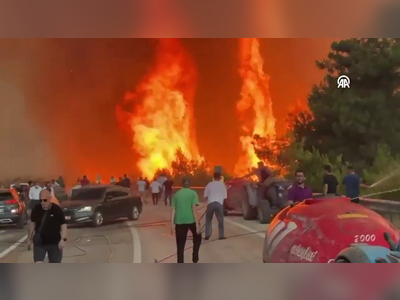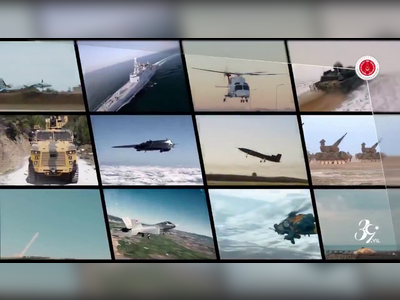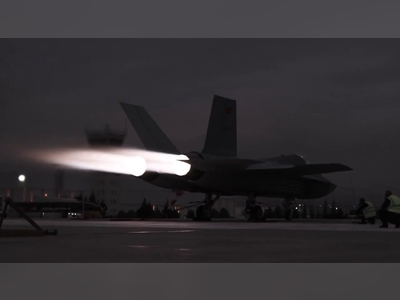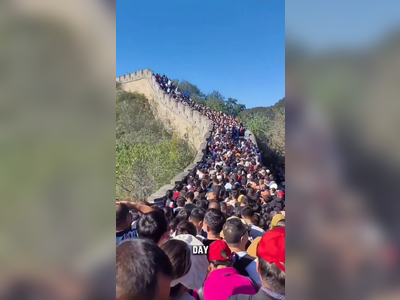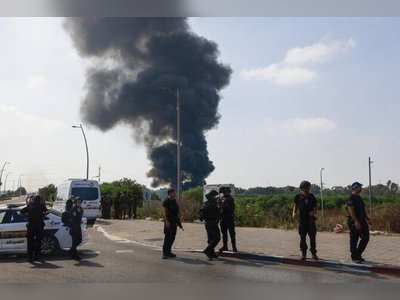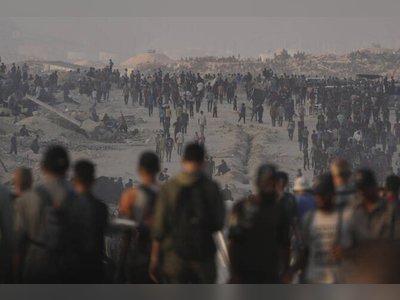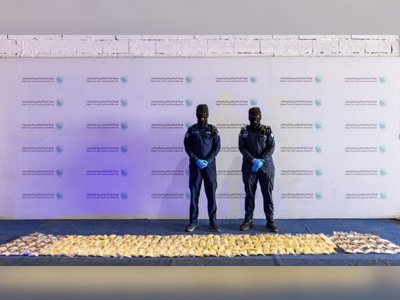Global Call for Peace Amid Rising Iran-Israel Tensions and Cybersecurity Shifts
Global leaders call for peace amidst Iran-Israel tensions, while cybersecurity and economic shifts highlight Saudi Arabia's emerging roles.
As tensions rise between Iran and Israel following recent military actions, global leaders, including those from major powers like China and the United States, have called for peace and restraint to prevent further civilian casualties, with Pope Francis and other nations voicing strong opposition to the escalation.
Meanwhile, in a related geopolitical standoff, Russia has rejected new nuclear negotiations with the United States, attributing its decision to concerns over NATO's expansion and insisting that any future treaty should involve other states, as noted by Russian officials.
Shifting to cybersecurity, women are increasingly shaping this critical field, with projections estimating they will make up 30% of the global cybersecurity workforce by 2025, and 35% by 2031, thanks to their strengths in leadership and risk evaluation, as discussed at the Global Cybersecurity Forum in Riyadh.
In line with these discussions, US National Cyber Director Chris Inglis at the same forum emphasized the need for a global cybersecurity overhaul and called for a new "social contract" to enhance international cooperation against rising cyber threats, underscoring the importance of shared responsibility.
Additionally, Saudi Arabia is positioned to take a leading role in the fight against online child abuse, according to expert Iain Drennan, who stressed the significance of government and private sector collaboration in tackling this issue, further highlighting the increasing impact of cybercrime.
In economic news, Saudi Arabia's Tadawul Index experienced a 1.71% drop, influenced by various market activities, including Retal Urban Development Co.'s significant agreement with ROSHN to develop 644 housing units in Riyadh, which is anticipated to affect financial results in the coming years.
Meanwhile, in a related geopolitical standoff, Russia has rejected new nuclear negotiations with the United States, attributing its decision to concerns over NATO's expansion and insisting that any future treaty should involve other states, as noted by Russian officials.
Shifting to cybersecurity, women are increasingly shaping this critical field, with projections estimating they will make up 30% of the global cybersecurity workforce by 2025, and 35% by 2031, thanks to their strengths in leadership and risk evaluation, as discussed at the Global Cybersecurity Forum in Riyadh.
In line with these discussions, US National Cyber Director Chris Inglis at the same forum emphasized the need for a global cybersecurity overhaul and called for a new "social contract" to enhance international cooperation against rising cyber threats, underscoring the importance of shared responsibility.
Additionally, Saudi Arabia is positioned to take a leading role in the fight against online child abuse, according to expert Iain Drennan, who stressed the significance of government and private sector collaboration in tackling this issue, further highlighting the increasing impact of cybercrime.
In economic news, Saudi Arabia's Tadawul Index experienced a 1.71% drop, influenced by various market activities, including Retal Urban Development Co.'s significant agreement with ROSHN to develop 644 housing units in Riyadh, which is anticipated to affect financial results in the coming years.
